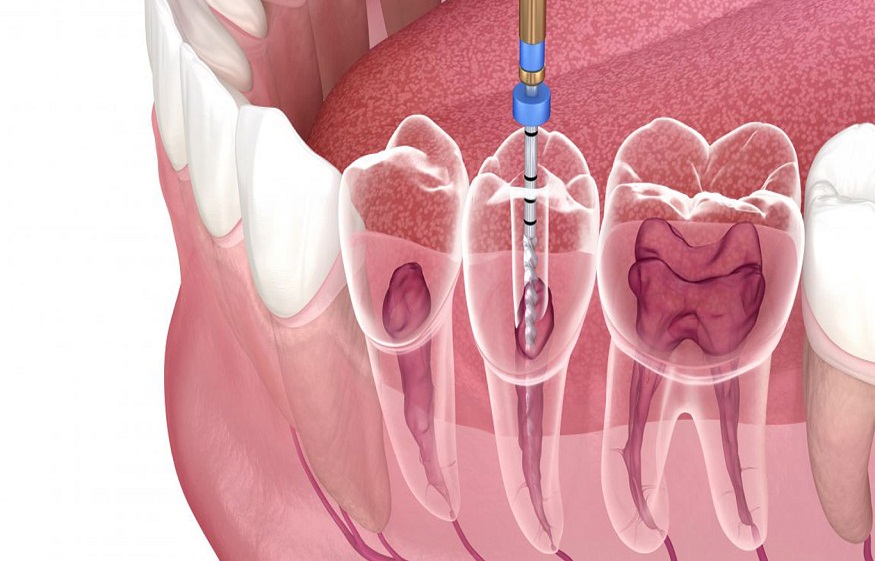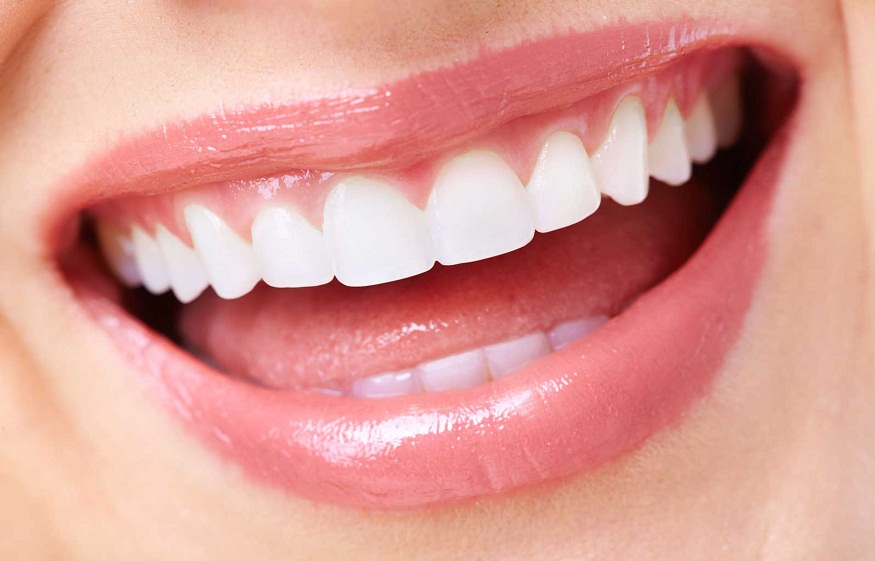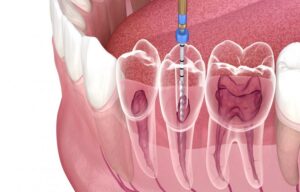Root canal treatment
Root canal treatment at Aktif International Hospital
Aktif International Hospital is committed to providing exceptional dental care, including root canals. Drawing on the experience of dental professionals such as Dr. Carl Misch, this article explores the different techniques for treating decayed teeth and the role of root canal treatment in maintaining dental health. A visual chart is included comparing the most popular techniques for treating decayed teeth, followed by an FAQ section addressing the most common concerns.
Understanding Root Canal Treatment
Root canal treatment, also known as endodontic therapy, is a dental procedure used to save a decayed or infected tooth by removing damaged pulp and sealing the tooth to prevent future infection. This treatment can help patients avoid tooth extraction and maintain the natural structure of their teeth.
Aktif International Hospital Approach to Root Canal Treatment
At Aktif International Hospital, our dental professionals are qualified to perform root canal treatments with precision and care, ensuring optimal results and patient comfort throughout the process. Our state-of-the-art facilities and advanced dental technology allow us to provide effective root canal treatments to our patients.
Techniques for treating decayed teeth
There are several techniques available for treating decayed teeth, each with its own advantages and limitations. This visual chart compares the most common techniques for treating decayed teeth:
The Root Canal Treatment Process in 7 Steps
Ongoing root canal treatment usually involves;
Evaluation and Diagnosis: A thorough examination of the teeth is performed to assess the degree of decay and determine if root canal treatment is necessary.
Anesthesia: Local anesthesia is administered to numb the area and keep the patient comfortable during the procedure.
Access: A small hole is created in the tooth to access the pulp chamber and root canals.
Pulp Removal: The infected or damaged pulp is carefully removed using specialized dental instruments.
Cleaning and shaping: Root canals are cleaned and how to prepare them for filling and sealing.
Filling and sealing: Root canals are filled with a biocompatible material and the tooth is sealed to prevent future infection.
Restoration: A dental crown or restoration may be placed on the tooth to protect it from damage and restore its function.
Maintenance and recovery of
After root canal treatment, patients may experience mild discomfort or tooth sensitivity, which usually resolves within a few days. Over-the-counter pain relievers and a bland diet can help manage any post-treatment discomfort. Maintaining good oral hygiene and attending regular dental checkups are essential to ensure the long-term success of root canal treatment.
Frequently Asked Questions
What is endodontic treatment?
Root canal treatment is a dental procedure used to save a decayed or infected tooth by removing damaged pulp and sealing the teeth to prevent future infection.
Regarding root canal treatment, is it necessary?
A root canal is necessary when the tooth (the pulp is the soft tissue inside the tooth that contains nerves, blood vessels, and connective tissue) becomes infected or damaged by decay, trauma, or other factors. Untreated pulp infections can lead to severe pain, tooth loss, and even systemic infections.
How long does a root canal last?
The length of a root canal treatment varies depending on the complexity of the case and the tooth involved. In general, most root canal treatments can be completed in one to three visits.
Is root canal treatment painful?
Endodontic treatment is usually performed under local anesthesia, which numbs the area and keeps the patient comfortable during the procedure. Most patients experience little to no pain during treatment, and post-treatment discomfort can be managed with over-the-counter pain relievers.
What is the root canal healing rate?
Root canal treatments have a high success rate, with studies showing success rates of 90% or more when performed by expert dental professionals such as those at Aktif International Hospital.
Can a root canal treated tooth last a lifetime?
With proper care and maintenance, a treated root canal can potentially last a lifetime. It is essential to maintain good oral hygiene, attend regular dental checkups, and follow the aftercare instructions of your dental professional at Aktif International Hospital.
What are the alternatives to root canal treatment?
In some cases, alternatives to root canal treatment may include removing a tooth and replacing it with a dental implant, bridge, or denture. However, preserving the natural tooth through root canal treatment is often the preferred option because it helps maintain the tooth’s natural structure and function.
How much does root canal treatment cost at Aktif International Hospital?
The cost of root canal treatment at Aktif International Hospital varies depending on the tooth involved and the complexity of the case.
What should I expect during my root canal consultation?
During the endodontic treatment consultation at Aktif International Hospital, a dental professional will evaluate the affected tooth and determine if root canal treatment is necessary. They will discuss the procedure, possible risks and benefits, and provide a personalized treatment plan.
How can I schedule a root canal consultation at Aktif International Hospital?
To schedule a root canal consultation at Aktif International Hospital, simply contact our dental office to make an appointment. Our experienced dental professionals will assess your dental health and determine the most appropriate course of action to treat your decayed or infected tooth.
Aktif International Hospital is committed to providing patients with the highest quality dental care, including root canal treatments to save decayed or infected teeth. Schedule your consultation today to learn more about how our expert dental professionals can help you maintain your dental health and preserve your natural teeth.












Post Comment
You must be logged in to post a comment.